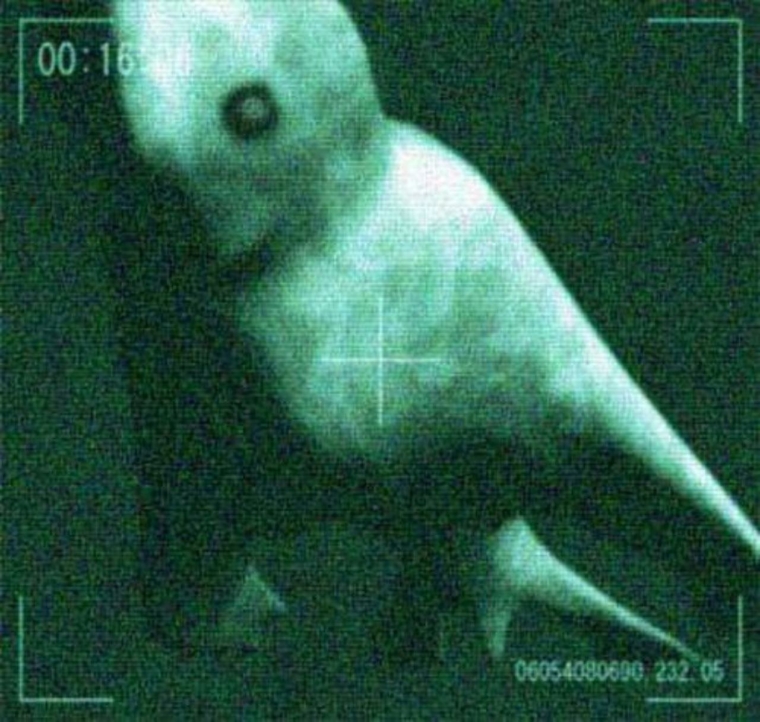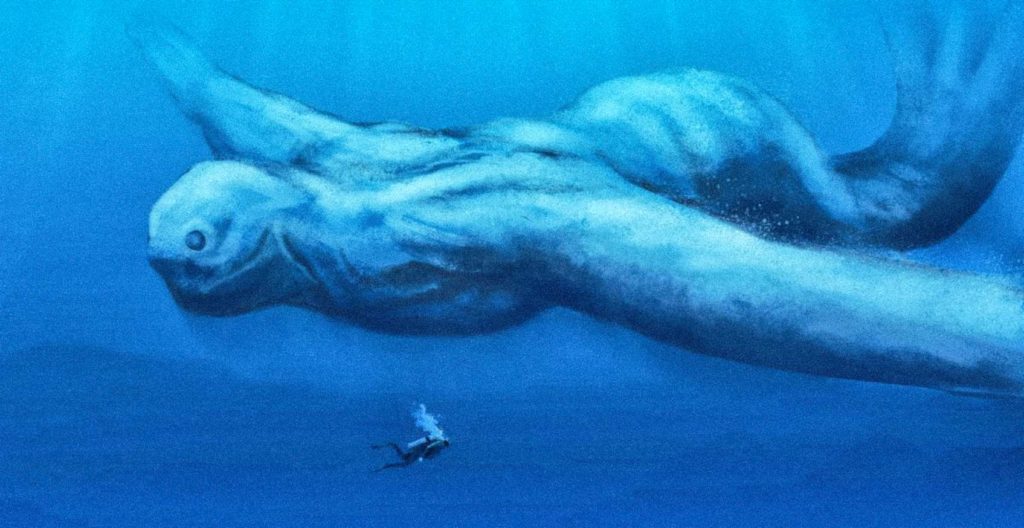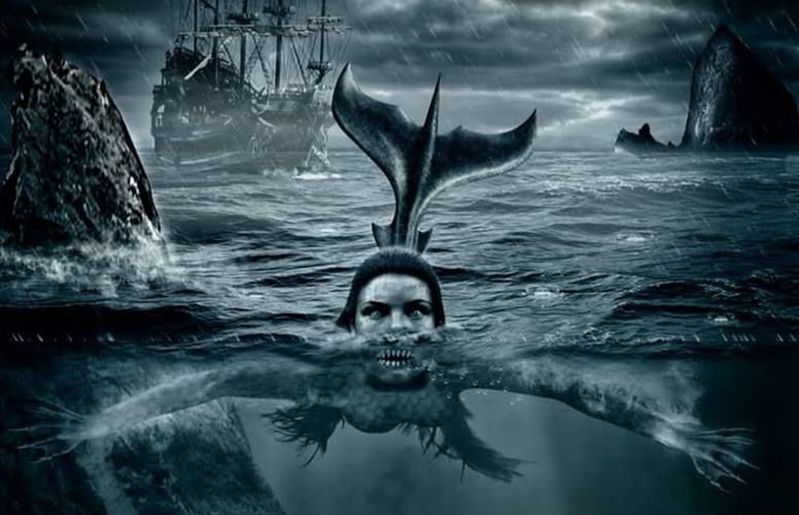Giant humanoid underwater monsters have been observed in the deep freezing seas of Antarctica in recent years.
Since the birth of civilization, underwater people have been thought to cohabit with humans on the surface.

On the other hand, mainstream science opposes this situation, arguing that humans are the pinnacle of biological evolution on Earth and that there can be no intelligent water animals. This, however, might be inaccurate.
Legends of Caribbean Sea aquatic monsters date back thousands of years.
A large Mayan colony flourished in what is now Belize, and there is evidence of cohabitation with representatives of the aquatic environment there and some reports of a struggle between the Mayans and the ‘water dwellers’ in the first millennium BC.
The Mayan tribes, prohibited from fishing and gathering food along the coast, waged war. The Mayans would have won the conflict and taken control of Belize’s whole coastline zone.
The tales are often told as legends or myths. However, there are records of encounters with Mermaids or Icthyanders in Central America dating back much more. During the Middle Ages, Spanish and Portuguese sailors and Turkish and Dutch traders wrote about these incredible aquatic monsters. The indigenous peoples of Belize and neighboring regions also believe in these stories.
During the Caribbean crisis, Soviet sailors and troops confided about encounters with unusual men and women who dived deep into the ocean and swam and maneuvered quickly.

The late 1970s and early 1980s saw the appearance of humanoid creatures with webbed fingers and toes in the nets of local fishers. Many people have questioned why there are no photos or bodies of these creatures, and the explanation given is that the cry of these underwater creatures paralyzes or stupefies people, similar to legends about the “Siren’s Song” in Greek literature, which also allows anthropomorphic sea creatures twisted up in nets to escape back to the oceans.
A local fisherman reported seeing a female and a boy in the ocean in 2006. They swam to three meters (10 feet) and then vanished into the depths at an unusually fast pace. Almost half of the people living along Belize’s coast and neighboring countries have similar stories.
Three fishermen attempted to catch a bizarre youngster they discovered beneath in 2011. They almost made it, but the infant was rescued underwater by five men and three women. They were able to bring the infant back by weeping quickly.
These fascinating marine animals might be legally harvested until 2018. The nation’s authorities offered a $1.5 million prize to anyone who could capture one of these enigmatic animals, but this sparked a flurry of problems.
Anglers and hunters regularly returned from their journeys with smashed nets, cuts on their hands, and, in many cases, hearing loss ranging from mild to severe. Belizean officials finally abandoned their effort to catch these animals in 2018, deciding instead to cohabit peacefully with that underwater society.
However, hunters persevered in their efforts, and legislation was passed to prohibit the seizure of fishing equipment and licenses. Rather than trying to capture the creatures, it was decided to photograph them; however, no clear image has yet been taken.
The Man Who Eats Fish
A nude guy was retrieved from the ocean by sailors off the coast of Spain in 1679. They rushed to offer him food and wine and inquired whether he was in a shipwreck, but he could not communicate. They took him to land, but he grew unwell right away and leaped back into the water. He earned the moniker “Fish Man of Spain.”
In a different version of the story, the “fish man” was a teenage lad instructed to dive for riches in the water but never returned, leading everyone to believe he perished. Sailors recovered him from the water five years later. People in the town recognized him and took him back to his mother’s house. He found it so difficult to acclimatize to life on land that he returned to living in the ocean.
The Ningen is a cryptid from Japan
Rumors have been circulating in Japan for a few years concerning the presence of some polar humanoid life forms living in the freezing waters of Antarctica. These so-called “Ningen” are believed to be white, with an estimated length of twenty to thirty meters, and have been seen many times by crew members of government-operated whale research ships.
Eyewitnesses reported them as having a human-like form, legs, arms, and even five-fingered hands. Fins or a big mermaid-like tail, or even tentacles, are sometimes characterized as their legs. The eyes and lips are the only obvious face characteristics.

According to one report, deck crew members saw what they assumed was a foreign submarine off in the distance. When they got closer, however, the uneven form of the creature revealed that it was not artificial but rather a living being. The thing vanished underwater in a flash.
On Youtube, two movies were purporting to show Ningen underwater. No compelling images have been made public in any event, but this creature’s existence is quite likely given that Antarctica, like the ocean, has yet to be thoroughly explored.







